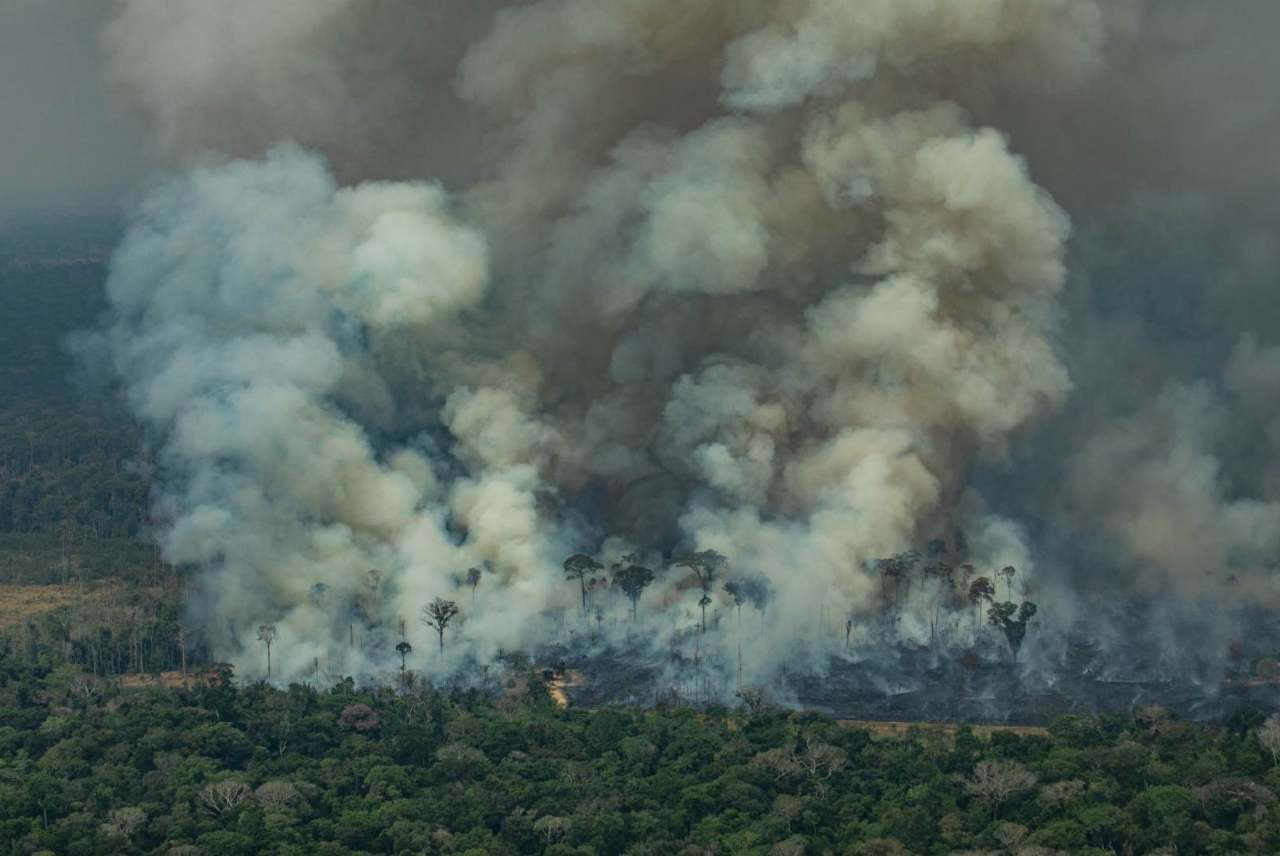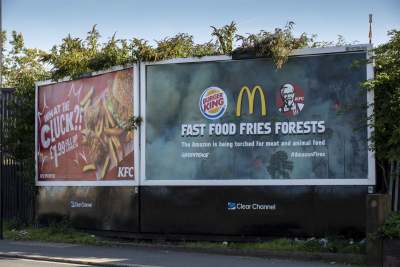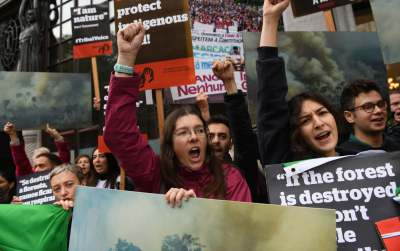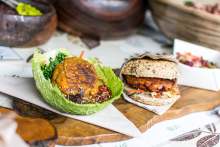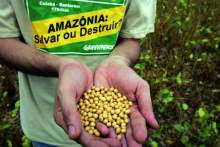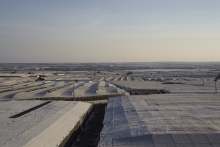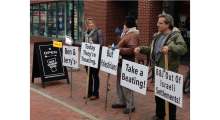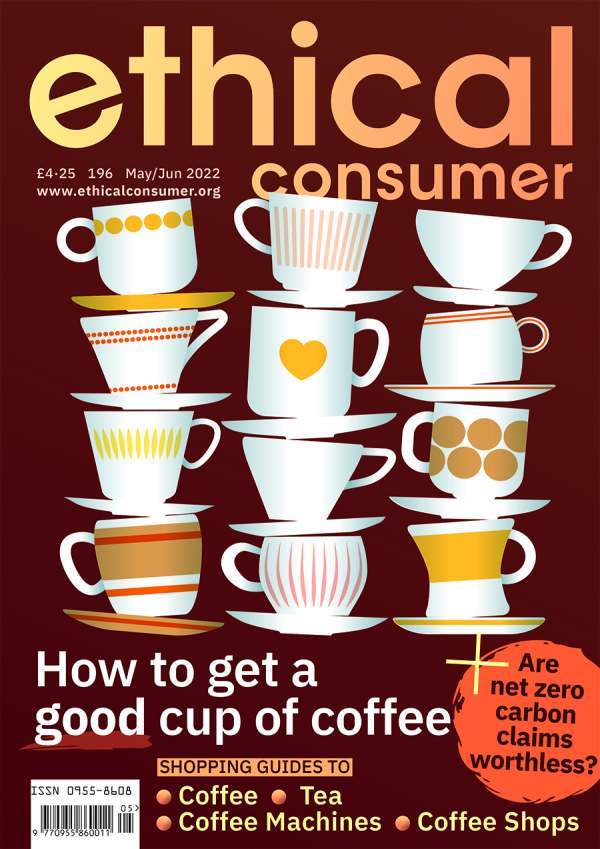Soya for animal feed
The EU used to get most of its soya from Brazil, but the trade war between China and the US has disrupted that, and most Brazilian soya is now going to China, while the EU’s soya largely comes from the US. In 2017, only 19% of the EU’s soya came from Brazil.
Presumably due to this, and the perceived success of the soy moratorium, there hasn’t been a huge focus on soya over the fires in the UK, although Greenpeace has been protesting against some of the fast-food chains that sell chicken, which is very soya-intensive, containing about 109 grams of ‘embodied soya’ per 100 grams of meat.
Soya for human consumption
With the proviso that most soy is fed to animals, details of where the companies making soy-based meat substitutes source their soya are shown below, so you can avoid eating Brazilian soya directly.
Source: Meat substitutes guide.
| Sourcing of meat alternatives based on soya |
Meat substitute brands |
| Sourced from outside Brazil |
Cauldron, Taifun, Vivera, Tofurky, The Vegetarian Butcher, Oumph! |
| No info |
Beyond Meat, Vbites, VegiDeli, Cheatin & Making waves , Dragonfly, Linda McCartney, Tivall, Fry's, Wicken Fen, No Bull (Iceland) |
| No info, but can be assumed to source some from Brazil due to the quantity used |
All the supermarkets |
Investments
Some investors are also taking action, particularly in Norway, which has been very involved in action to protect the Amazon over the last decade.
Norway’s biggest investors, Storebrand ASA and pension fund KLP, have stated that they are researching which companies may be contributing to Amazon deforestation with a view to exiting them. Meanwhile Nordea, one of the Nordics’ biggest banks, announced that it is suspending purchases of Brazilian government bonds.
In September, 230 global investors with $16.2 trillion in assets issued a statement warning companies to meet deforestation commitments or risk economic consequences.
An American NGO called Amazon Watch has been attempting to identify those who have major investments in relevant companies. It identified the following as holding significant equity investments in JBS, Marfrig and Minerva: Capital Group, BlackRock, Fidelity Investments, Vanguard, Brandes Investment Partners, Storebrand, Azimut, BNP Paribas, Credit Suisse and Invesco.
Conclusion
The soya moratorium (see boxout) showed the power that purchasing companies have to affect change in this area. We all need to keep the pressure on them to do more.
At the same time, we ought not to lose sight of the fact that Bolsonaro is at the centre of this, and it is fundamentally a political issue.
